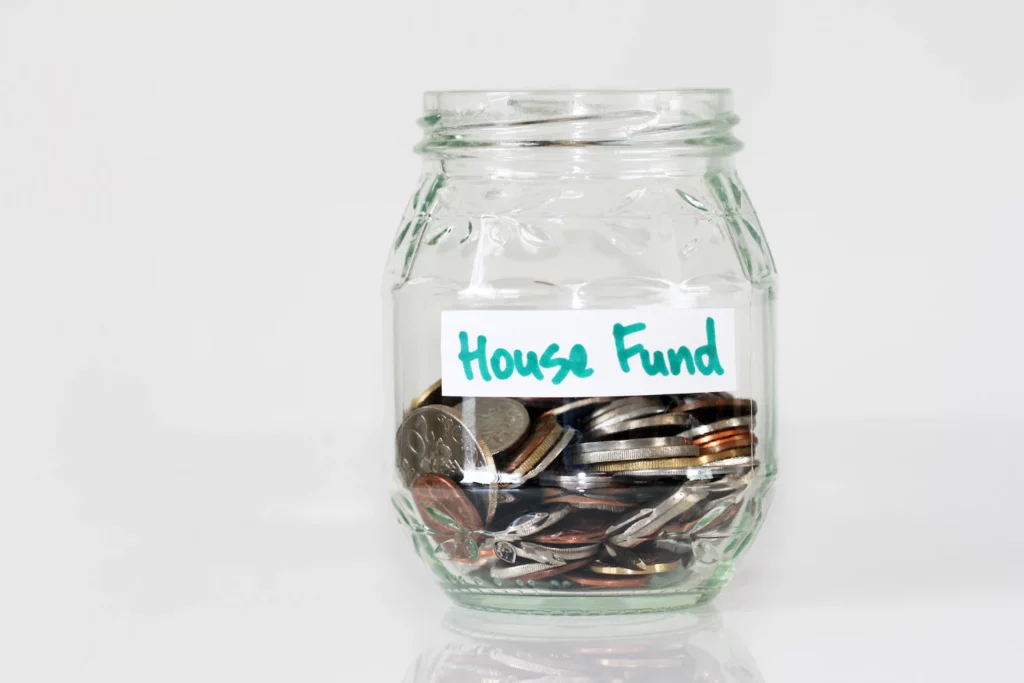Because the cost of living has increased, people are now paying much closer attention to their spending habits. With energy prices continuing to climb next year, many individuals are searching for ways to save money in their homes when using energy intensive home appliances such as electric ovens, the dishwasher and washing machines.
Even though the cost of living is constantly increasing, there are ways to lower your yearly energy expenses by simply making adjustments to the appliances you use at home. In this article, we will look at 6 ways to reduce costs and save energy by using alternatives to more expensive household electrical appliances that could help keep your energy bills low and more cash in your pocket.
Eco Friendly Alternatives to Cookers
Microwave
Microwaves might not be able to do everything, but they can save you a lot of time and money. The average model will consume 80% less energy than a conventional oven making it a very energy efficient alternative.
Some things are better off not being cooked in a microwave, but if you use it when possible, you can reduce the number of times you need to turn on your oven. In return, this will lower your annual energy bill.
How much energy does a Microwave use? The average 700W microwave uses approximately 2 pence of energy every 5 minutes which (which equates to just 24 pence per hour). Using a microwave for an average of 1 hour per week would incur an annual cost of just over £21, considerably lower than the cost of running a conventional oven.
Air fryer
In recent years, the air fryer has become increasingly popular with millions of families worldwide because it supposedly cooks food quicker, healthier and cheaper.
But as well as providing greater convenience, energy experts have also worked out that, compared to ovens, air fryers are significantly cheaper to run with the average model costing around £4.35 per month whilst conventional cookers would cost around £26 per month to run.
This is because air fryers require less than half the energy of ovens to cook the same meal. Taking a jacket potato cooked in oven as an example. This would cost around £0.26 in a conventional oven whereas in an air fryer, the same jacket potato would cost just over £0.11 to cook. This is partly due to the smaller air space inside an air fryer and the ultra-rapid pre-heating times.
LED light bulb
The Energy Saving Trust recently reported that the average household could potentially save up to £3 annually per light bulb by switching to LED alternatives.
Though this type of power-saving bulb costs more initially, it will save you cash in the long run as you won’t have to replace it nearly as often. They’re also now quite cheap to purchase, with multipacks available at most supermarkets for less than £2.
Save Energy with Smart Plugs
There are many smart plugs on the market and often they are relatively cheap to purchase. They can often be linked to smart hubs such as the Amazon Alexa system or controlled via a dedicated app.
Smart plugs give you more control over when appliances are switched on or off whether you are at home or away. Turning off appliances that are not in use or are just being kept on stand-by will help reduce electrical waste and put more pennies back in your pocket.
Energy Efficient Electric blanket
With the cold winter approaching, saving money and staying warm doesn’t have to be mutually exclusive. In fact, using an electric blanket for just one hour before bed each night can accomplish both far more effectively than turning on the heating would.
If you’re looking to save on your energy bill, using an electric blanket is a great way to do it. According to the Energy Saving Trust, 100W electric blankets cost just 3.5p per hour to use. That means you could save over £10 a day by using an electric blanket instead of central heating to heat your bed.
Lower powered electric blankets are also available which can be purchased for approximately £25 which can cost as little as £0.02 per hour to run.
Heated clothes airer
The gamble of whether to dry clothing outdoors or indoors resumes as the weather starts acting up again.
With the recent increase in electricity bills, drying clothing in a tumble dryer costs around £0.40p per hour. This is causing some families to cut back on laundry and wash their clothing less often looking for more eco friendly alternatives which are better for the environment.
A heated airer is an affordable appliance that could save you cash in the long run. The average cost to use a clothes airer for one hour is approximately £0.14p, which is over 50% less expensive tumble drying. You can find some models for as little as £35.
They may take a bit longer to dry your laundry than a tumble drier, but they can help you save substantially on your energy bill. If you don’t mind the wait, heated clothes airers are worth the investment. It is also more environmentally friendly that the tumble dryer which uses more energy and more power.
Help & Guidance
If you are worried about the cost-of-living and think that you are not able to maintain payments on your creditor commitments, please contact one of our friendly advisors here at Become Debt Free. We can listen to your situation and assess whether a debt solution such as a Debt Relief Order, a Debt Management Plan or an Individual Voluntary Arrangement (IVA) is appropriate for you.
Alternatively, please refer to the Energy Saving Trust which provides further information about grants and support available if you are struggling with your energy bills.








